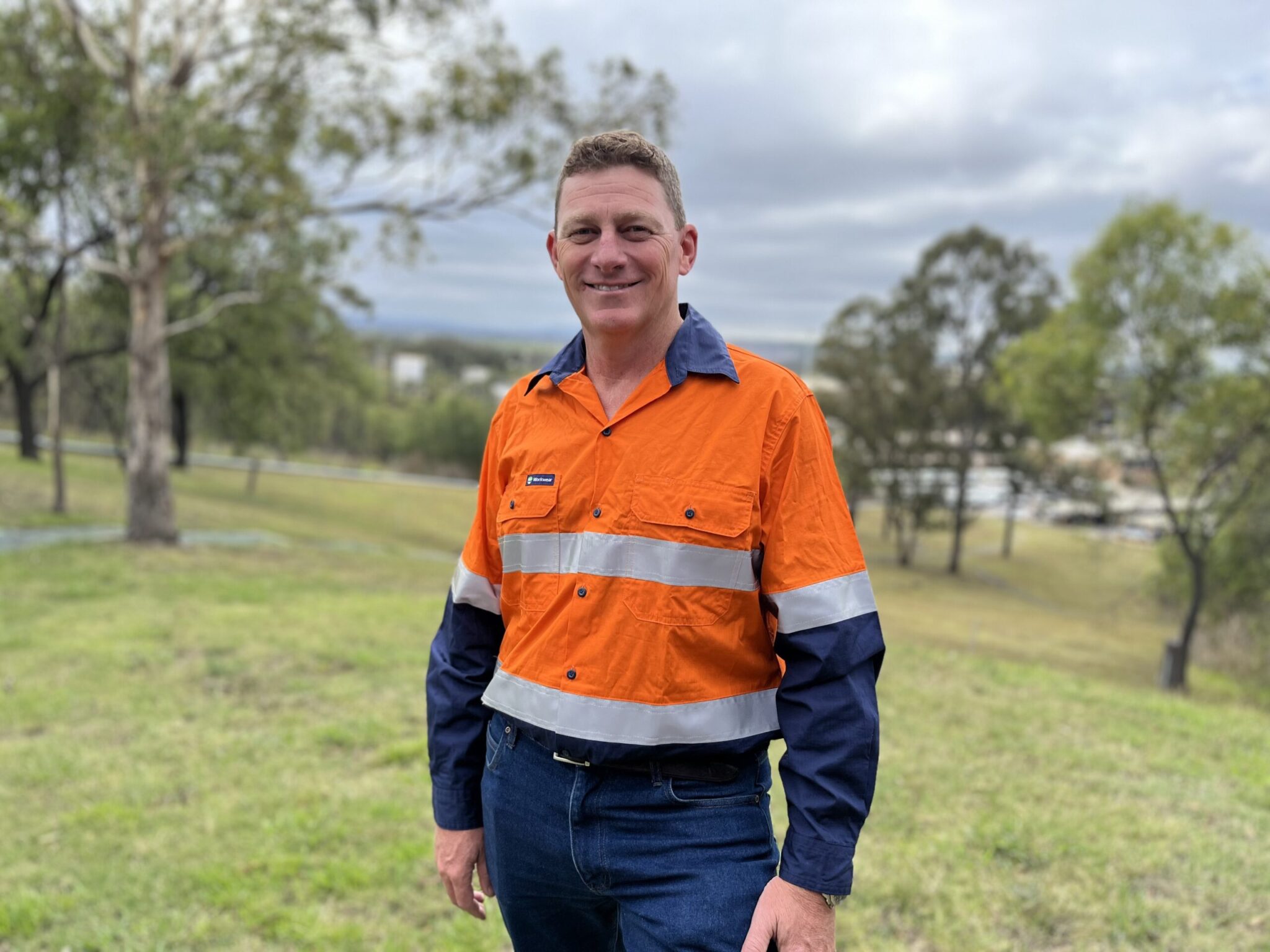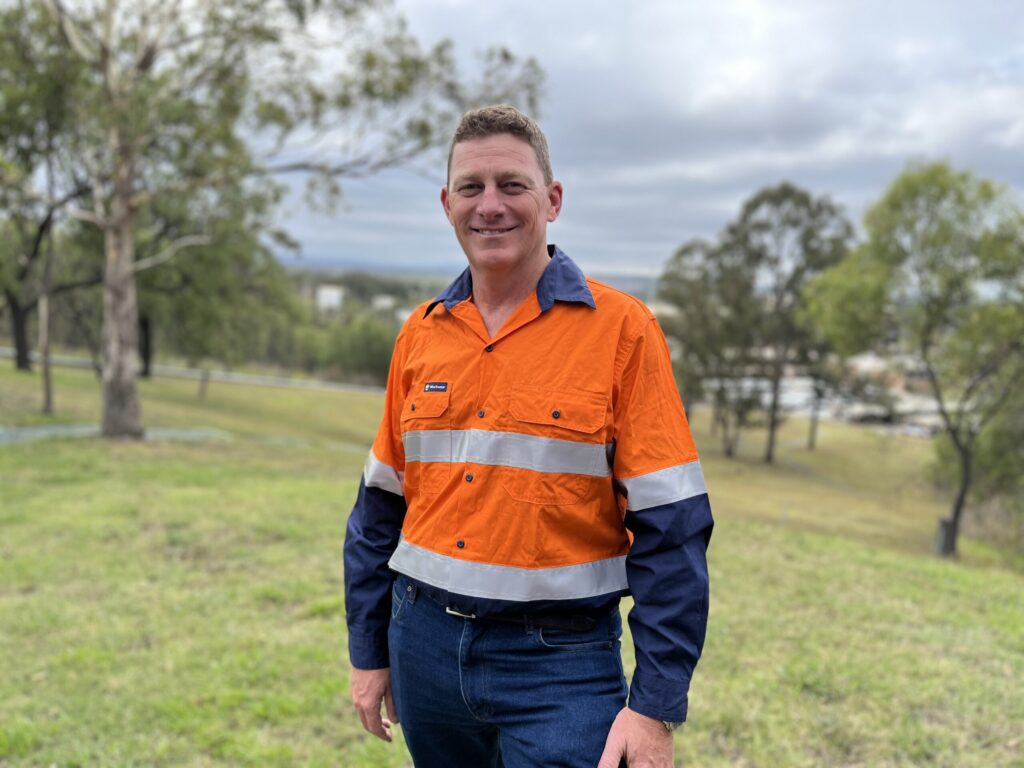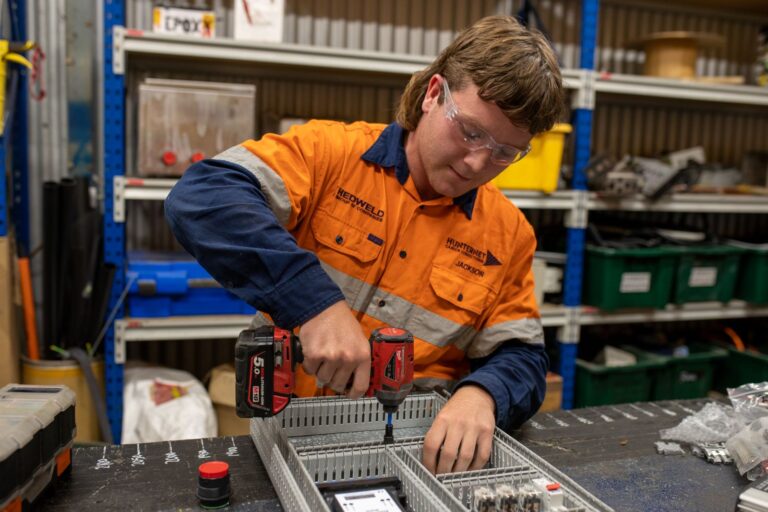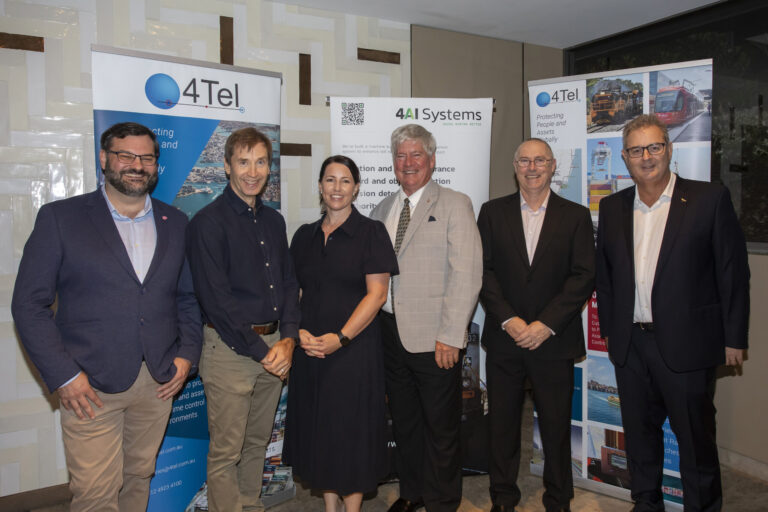Hunter Valley Operations (HVO) has used the feedback from submissions on its Environmental Impact Statement (EIS) to improve its proposal to continue mining until 2050.
The amended proposal and additional information are outlined in a Submissions Report and Project Amendment Report that HVO has submitted to the NSW Department of Planning and Environment.
HVO General Manager, Dave Foster said the amendments further reduce impacts.
A total of 1,060 submissions were made on the EIS following its public exhibition in February this year. More than 90 per cent of submissions were supportive of the proposal.
“The overwhelming support for the proposal highlights the many benefits it offers to local people, businesses and the economy,” Dave said.
“We want to thank the government agencies and authorities, councils, organisations and community members who took the time to make a submission.
“We’ve listened and refined the proposal based on that feedback.”
Dave said proposal changes include altering the route of the Lemington Road realignment and bringing forward the construction of a low permeability groundwater barrier wall to improve water management.
HVO undertook 12 new technical studies, assessments and reviews to provide more information about its proposal and assess the impacts and benefits of its amendments.
He said the new data analysis and proposal amendments will result in:
- almost no direct impacts on the environmentally significant Warkworth Sands Woodland (the proposal will now impact 0.3 ha rather than 5.2 ha)
- reduced impacts on Aboriginal cultural heritage sites including no impacts to culturally modified trees, on top of the avoidance of the Aboriginal culturally sensitive area known as CM-CD1
- a 16 per cent reduction in Scope 1 and Scope 2 greenhouse gas emissions.
“Continuing mining at HVO will deliver a benefit of more than $4 billion in net present value terms.”
“Continued mining will support around 1,500 ongoing jobs and enable ongoing support to local businesses, community projects and charities and essential community services such as roads, hospitals and schools through mining royalties and taxes.”
In 2022, HVO’s direct economic contribution was almost $1.5 billion, which included spending $744 million with 750 businesses.
“Our continuation plans are in line with the NSW Government’s Strategic Statement on Coal Exploration and Mining in NSW and Hunter Regional Plan 2041, which recognise that coal production continues to be important to NSW and its regional communities as we transition to a low carbon economy.”
“This is not a new mine. Our proposal delivers in-demand, high quality, coal with relatively little additional disturbance to remnant vegetation or other impacts compared to other projects of a similar scale. This coal will contribute to the energy security of some of Australia’s important trading partners during their transition to a low carbon economy.”
Since the EIS was prepared and exhibited, HVO has become subject to new emissions reduction requirements under the national Safeguard Mechanism reforms.
In response to government agency submissions and advice, HVO completed additional analysis of its greenhouse gas emissions data to account for the Safeguard Mechanism reforms, additional site drilling to collect further gas content and composition information and new Australian Government electricity grid decarbonisation forecasts.
Dave said HVO continues to regularly review new technologies and abatement measures to further reduce emissions and will undertake a gas pre-drainage trial if the proposal is approved.
HVO is proposing to continue mining at HVO South from 2030 until 2045 and HVO North from 2025 until 2050. The proposal does not increase already approved production rates.
The NSW and Australian governments will assess the proposal.
IMAGE | HVO General Manager, Dave Foster.







